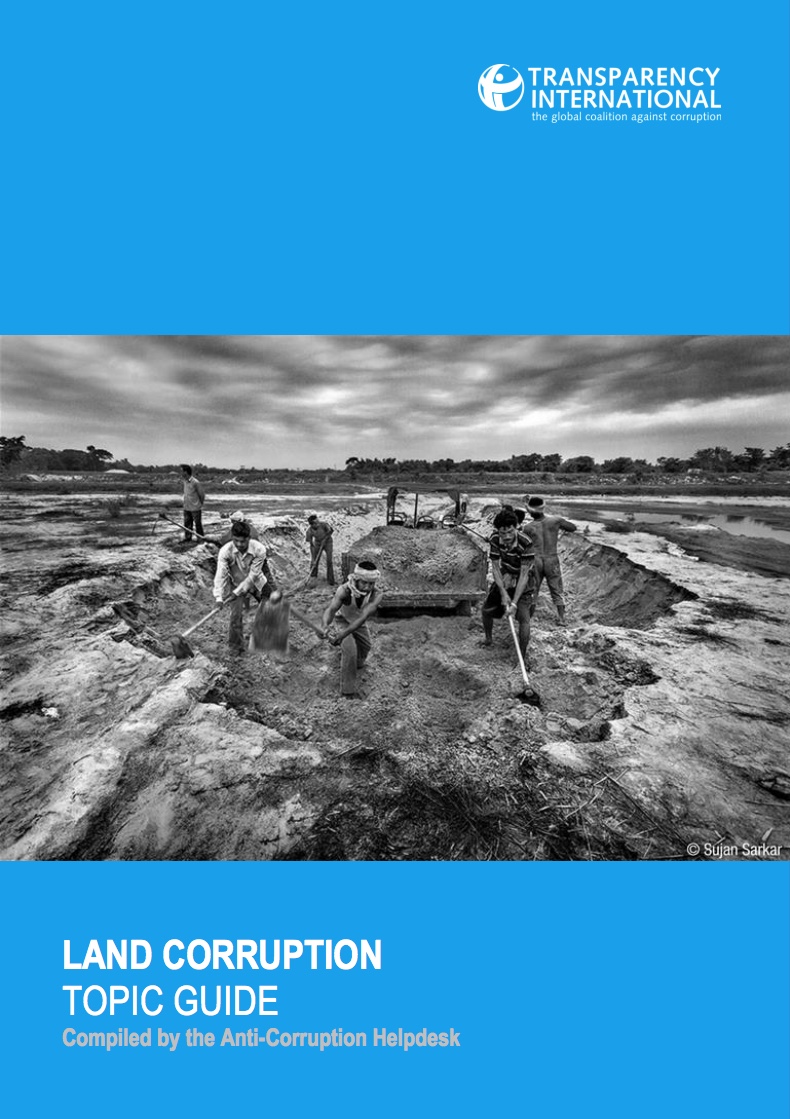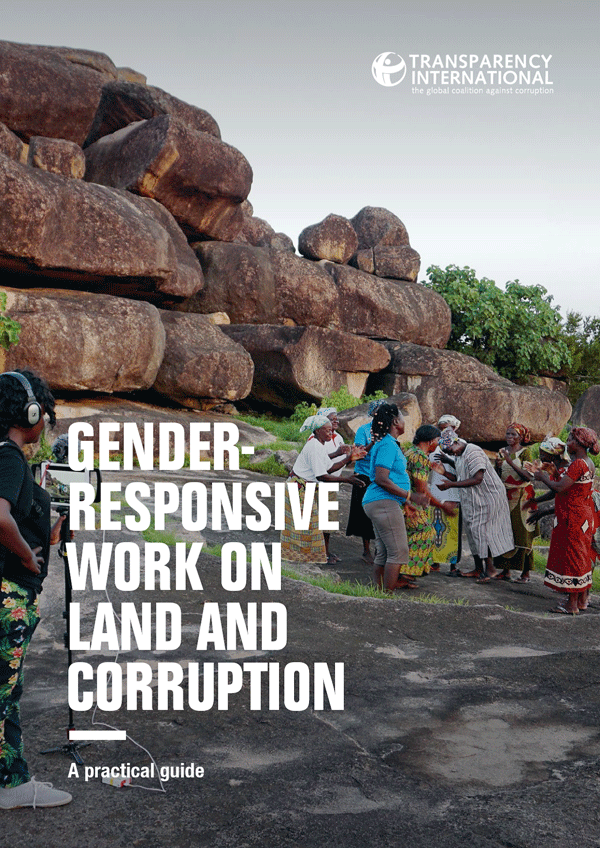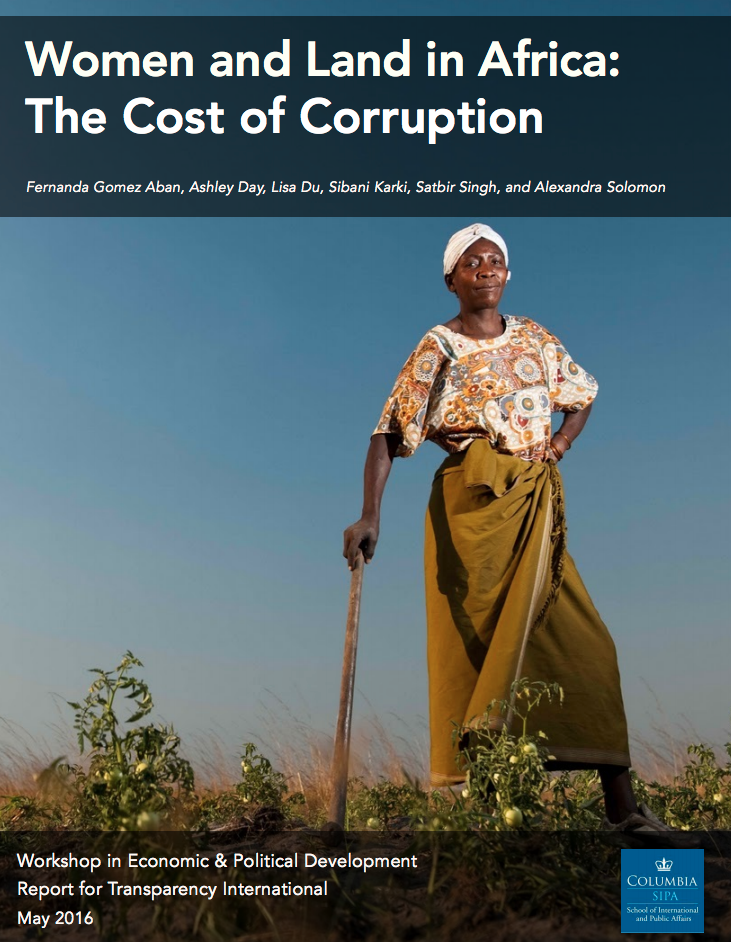Location
About
One global movement sharing one vision: a world in which government, business, civil society and the daily lives of people are free of corruption.
In 1993, a few individuals decided to take a stance against corruption and created Transparency International. Now present in more than 100 countries, the movement works relentlessly to stir the world’s collective conscience and bring about change. Much remains to be done to stop corruption, but much has also been achieved, including:
- the creation of international anti-corruption conventions
- the prosecution of corrupt leaders and seizures of their illicitly gained riches
- national elections won and lost on tackling corruption
- companies held accountable for their behaviour both at home and abroad
Mission
Our Mission is to stop corruption and promote transparency, accountability and integrity at all levels and across all sectors of society.
Vision
Our Vision is a world in which government, politics, business, civil society and the daily lives of people are free of corruption.
Values
- Transparency
- Accountability
- Integrity
- Solidarity
- Courage
- Justice
- Democracy
Programmes
For specific information about TI's work on land corruption, see here.
Resources
Displaying 21 - 25 of 46Land Corruption - Topic Guide
This topic guide presents an overview of land corruption in rural and urban areas, focusing on:
Gender-responsive work on land and corruption
Land corruption affects women and men, but the impact is experienced differently by each gender. Packed with practical advice, this guide, produced by Transparency International, will help organisations understand these differences in order to design advocacy programmes that are both inclusive and effective.
Women and Land in Africa
This report sits at the intersection of gender, land administration and corruption – an important issue area that is largely under-researched. Women’s rights to access, control and own land are consistently challenged and restricted by the gendered nature of corruption in the land sector, which disproportionately affects women.
SEXTORTION: UNDERMINING GENDER EQUALITY
In Tanzania, several women employees at a court began to fall ill one after the other. What would normally be overlooked as an innocuous seasonal virus proved to be fatal – the women had been infected with HIV. It was eventually discovered that the court clerk who supervised the women had forced them to sleep with him if they wanted to receive their pay for working overtime. He was HIV positive.
An analysis of the impact of land-related corruption on women: case studies from Ghana and Zimbabwe







